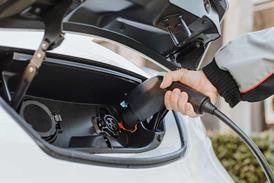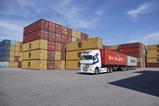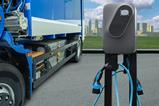BYD is extending its battery production capacity in China by opening a new factory in Wenzhou, Zhejiang province. The new facility, according to Electrive, would have an annual capacity of 20 gigatonne-hours and will begin production in 2024.
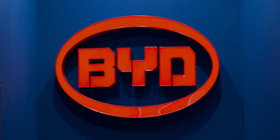
BYD has yet to specify what types of batteries would be manufactured there. According to the Chinese press release cited by the portal CN EV Post, the batteries at the new factory would be “manufactured utilising one of the currently available promising battery technologies.”
According to CN EV Post, BYD already has over 20 battery installations in China and will have a total capacity of 135 GWh per year by the end of 2021. BYD battery capacity is scheduled to increase to 285 GWh by the end of this year and 445 GWh the next year.
According to SNE Research, BYD ranked third in installed production capacity in the first half of 2022, trailing market leader CATL and LG Energy Solution. However, BYD’s growth momentum was so strong in the first half of 2021 and in 2021 overall that the Chinese company is expected to knock LGES out of second place this year.
Recent reports coming out of China from LatePost indicated BYD was preparing to start mass production of solid state batteries and sodium-ion cells for its passenger car range, though BYD had denied this.
The mood music from the battery sector is indicating Li-ion battery development has peaked. Many organisation are now developing new chemistries to deliver improved energy density, safety, and durability. The rising cost of lithium and the fact that it is becoming difficult to mine and refine without raising environmental concerns is further accelerating the development of alternatives.For many, the holy grail is solid-state batteries, though the search goes on to find a solution to their main problem, the dendrites that kill them in an accelerated fashion and, despite the BYD rumours, mass production is still years away. Simlarly, finding an alternative to lithium is proving challenging. Calcium and sodium, are prime candidates, but they too bring their own problems - sodium-ion batteries, are poor on energy density, for instance.


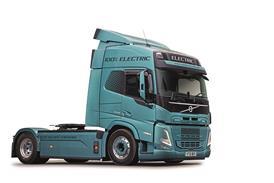

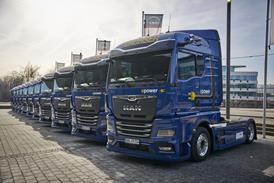
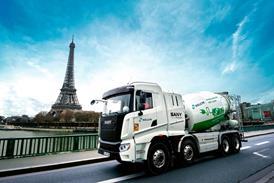



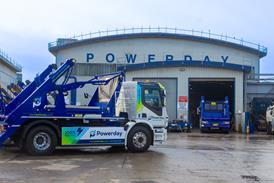


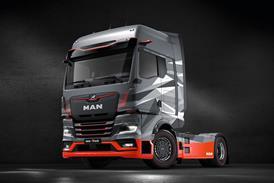
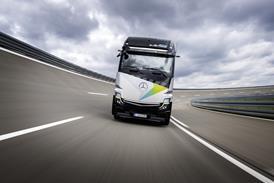
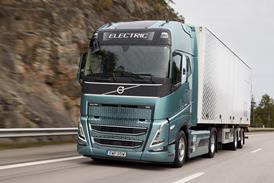

![Mercedes-Benz_eActros_600_(1)[1]](https://d2cohhpa0jt4tw.cloudfront.net/Pictures/274x183/8/1/8/17818_mercedesbenz_eactros_600_11_556244.jpg)

